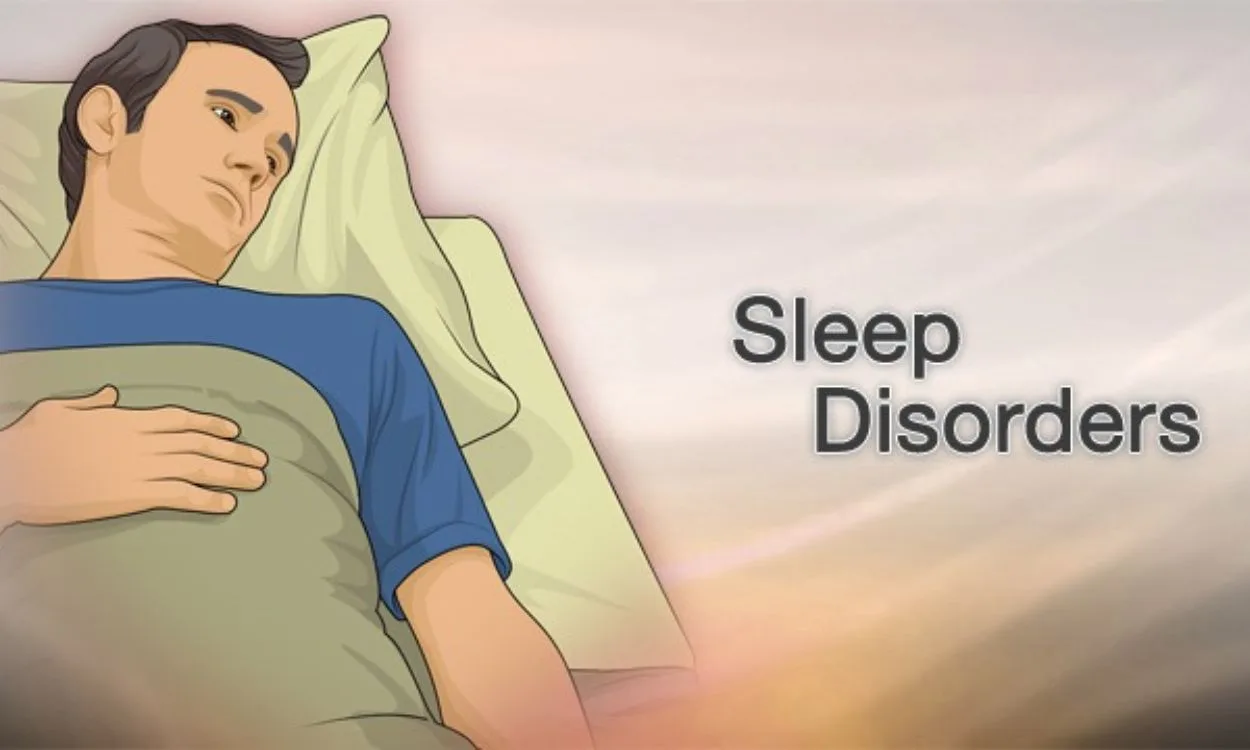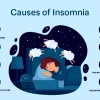What are the Common Sleep Disorders?
Sleep is an essential part of our daily routine and plays a crucial role in maintaining overall health and well-being. However, many individuals experience difficulties in getting a good night’s sleep due to various sleep disorders. In this article, we will explore some of the common sleep disorders that affect a significant number of people in India.
- Insomnia: Insomnia is a sleep disorder characterized by difficulty in falling asleep, staying asleep, or both. It can be caused by various factors such as stress, anxiety, depression, poor sleep hygiene, or underlying medical conditions. Individuals with insomnia often experience daytime fatigue, lack of concentration, and irritability.
- Sleep Apnea: Sleep apnea is a condition where a person’s breathing repeatedly stops and starts during sleep. It can result in loud snoring, gasping, or choking sounds. The two main types of sleep apnea are obstructive sleep apnea (OSA) and central sleep apnea (CSA). OSA occurs when the airway becomes blocked, while CSA is caused by the brain’s failure to signal the muscles to breathe.
- Restless Legs Syndrome (RLS): RLS is a neurological disorder characterized by an irresistible urge to move the legs, usually accompanied by uncomfortable sensations. These sensations are often described as tingling, crawling, or burning, and they tend to worsen at night, leading to difficulty in falling asleep.
- Narcolepsy: Narcolepsy is a chronic neurological disorder that affects the brain’s ability to regulate sleep-wake cycles. It is characterized by excessive daytime sleepiness, sudden loss of muscle tone (cataplexy), sleep paralysis, and hallucinations. People with narcolepsy may experience uncontrollable sleep episodes during the day, even after getting enough sleep at night.
- Periodic Limb Movement Disorder (PLMD): PLMD is a sleep disorder characterized by repetitive, involuntary movements of the legs and sometimes arms during sleep. These movements can disrupt sleep and lead to daytime fatigue. PLMD is often associated with conditions such as restless legs syndrome or sleep apnea.
- REM Sleep Behavior Disorder (RBD): RBD is a sleep disorder in which individuals act out their dreams physically. During REM (rapid eye movement) sleep, when dreaming occurs, the normal muscle paralysis that prevents us from acting out dreams is absent in individuals with RBD. This can result in potentially harmful behaviors during sleep, such as kicking, punching, or jumping out of bed.
- Shift Work Sleep Disorder: This sleep disorder occurs when an individual’s work schedule is outside the typical 9-to-5 daytime hours, disrupting the body’s natural circadian rhythm. Shift workers often struggle to get adequate sleep and may experience excessive sleepiness or insomnia.
- Sleepwalking: Sleepwalking, also known as somnambulism, is a sleep disorder characterized by complex behaviors performed during sleep. People who sleepwalk may walk, talk, perform daily activities, or even leave the house without any recollection once they wake up. Sleepwalking typically occurs during deep sleep.
- Nightmares: Nightmares are vivid and disturbing dreams that cause feelings of fear, anxiety, or terror. They often wake individuals up from sleep and can make it difficult to fall back asleep.
- Sleep Talking: Sleep talking, also known as somniloquy, is a sleep disorder where a person talks during sleep without being aware of it. The content of sleep talking can range from mumbling to full conversations and may or may not have any meaning.
While these are some of the common sleep disorders, it is essential to consult a healthcare professional for an accurate diagnosis and proper treatment. Sleep disorders can significantly impact an individual’s quality of life, productivity, and overall health.
If you are experiencing sleep difficulties or want to improve your sleep habits, consider exploring the Fitpaa app. Fitpaa offers personalized fitness plans and guidance to help you achieve your health and fitness goals. With features like sleep tracking, nutrition guidance, and expert consultations, Fitpaa can support you in improving your sleep patterns and overall well-being.
Download the Fitpaa app today to embark on a journey toward better sleep and a healthier lifestyle. Remember, quality sleep is the foundation for a productive and fulfilling life.









